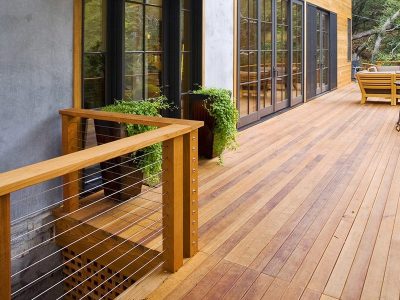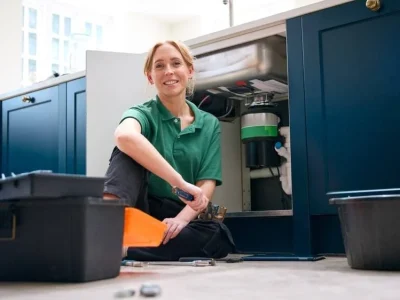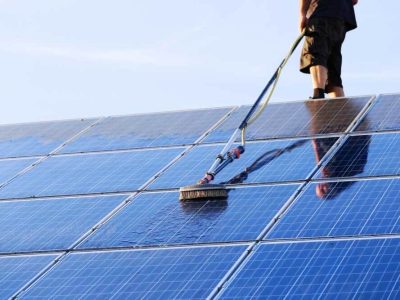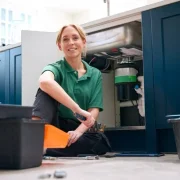Heavy rains can cause inconvenience for those who live in areas prone to flooding. And one of them is dealing with a flooded house.
Many people who have their homes invaded by water face muddy dirt everywhere. At this desperate moment, the question arises: how to clean everything after the flood? Let’s teach!
We separate some hygiene and care tips necessary for you and your family to clean the flooded house and minimize contamination risks. We also show you how to protect yourself from possible new floods where you live. Check it out and put it into practice:
So It Doesn’t Happen Again: How To Protect Yourself From Floods
What to do in case of flooding? Unfortunately, several regions of are known for flooding. To protect yourself, we’ve made a list of important warnings to be aware of before, during, and after flooding:
Before:
have a safe place option to shelter with your family and pets;
store documents and valuables in waterproof bags;
turn off electronic devices from outlets;
close the water record, doors, and windows well;
always dispose of garbage in designated collection areas.
During:
pay attention to the safety of your family and wait for the water to go down in a safe place;
avoid being in direct contact with contaminated rainwater;
only enter rainwater if it is a must situation;
return to your home only when there are no more risks in the region.
After:
upon returning, check that the structure of the house has not been damaged;
clean the house according to the tips above;
discard all food that had contact with contaminated water;
avoid drinking tap water, as plumbing can accumulate dirty water.
Due to the damage that floods can cause in a flooded house, all these cleaning and care steps must be followed strictly and by basement flooding restoration contractor for example. Thus, you don’t risk your family’s health and safety and keep environments sanitized the right way.
Have A Sump Pump And Test It Regularly
Sump pump removes water that collects in an area below ground level of the house, such as a basement. Knowing that the faster you get rid of the water, the less damage you can have, this can be a very worthwhile investment.
The speed of action can help prevent the growth of mold and mildew, consequences that can be costly. So, the investment in the pump, which may seem high initially, will likely pay off in emergencies. If you already have a sump pump, always keep it in good working order to ensure it will be available when needed.












Comments